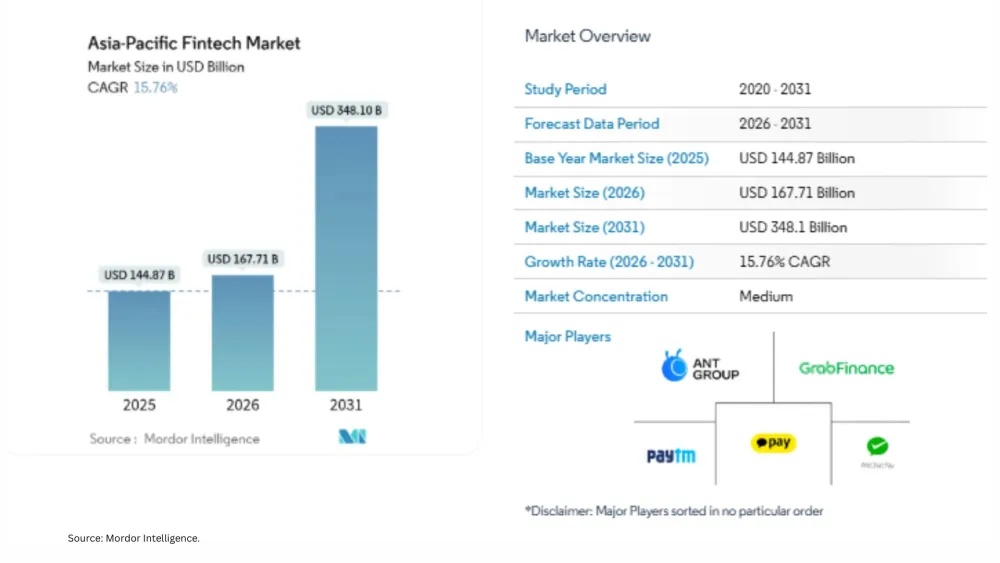Robo-advisors: Booming in Japan
By Eiichiro YanagawaThis post addresses trends in Fintech, with a focus on Robo-advisors and the unique attributes of Japan's financial market.
Fintech
"Fintech" is a term coined to define an evolution in finance and technology. It is coloured with meaning and shades of nuance that vary with context and the stance of the players concerned. If bureaucracy and legacy systems until now have shackled the financial industry, Fintech is the key to casting off these shackles and putting financial institutions on freer footing. Conversely, Fintech firms do not necessarily find themselves in advantageous business positions given a general, comparative lack of regulatory experience and business track records.
Global financial institution Fintech strategies
Global financial institution Fintech trends can be summarised with the three points below.
• Capital investment: Striking a balance between business-strategy-related investment and capital investment (financial investment).
• Accelerators: Ecosystem initiatives and mentorships that forge mutually complementary relationships.
• Innovation labs: Blockchain, cybersecurity, cyberattacks, artificial intelligence (AI).
Building on the above, the five points below are central themes that will significantly affect the future of financial services.
• RegTech: Harnessing technology for use by regulators or for complying with regulations.
• Real-time transactions: Pushing low-latency environments in post-transaction environments.
• Distributed systems: Blockchain technology effectively distributing data to participants, offering new, more transparent approaches.
• Cognitive systems: Machine learning is a critical component when it comes to using, analysing, and acquiring knowledge about all manner of structured and unstructured data.
• Cybersecurity: As these areas continue to evolve, increasingly strong security and preventing cyberattacks will be essential to maintaining trust.
Japanese trends in 2015-16
The Fintech hit Japan hard in 2015. The three salient trends below have accompanied its arrival.
• A visible spike in investment, labs, contests, and accelerator programs funded by leading players in the financial industry.
• Major vendors seeking to organise in ways to capture customers and startups.
• Proactive government support.
The trends above have injected energy into and focussed attention on five areas: finance and financial support, investing and business support, crowdfunding, payments, and crypto-currency. The shared backdrop to each of these developments comprises digital advancements and the existence of a new generation of entrepreneurs with no patience for inconvenience.
These segments all face the dual challenges of demonstrating the validity of their applications, such as robo-advisors or payments, and investing in future platforms, such as blockchain and the Internet of things (IoT).
Robo-advisors
Robo-advisors are an emerging and salient theme with significant implications that justify considering their outlook.
On the demand side, observers expect that robo-advisors will play a supporting role, particularly in retail-investor asset management involving the plan-do-check-act (PDCA) cycle (which in this context refers to setting fund management goals, selecting and purchasing products or services, post-purchase review "checks," and ongoing action).
In addition, on the supply side, expectations are high that robo-advisors will yield benefits in business-to-business (B2B) transactions via support tools geared toward professionals in the asset management arena. Moreover, observers have even loftier expectations that robo-advisors can help enable the asset management market to evolve into a sounder and more cyclically sustainable market.
Robo-advisors will have immense impact on the essential functions of asset management, namely: 1) clearing and settling payments, 2) pooling or dividing resources, 3) the transfer of economic resources over time and across distances, 4) managing risk, 5) providing information, 6) ways to handle incentive problems that interfere with efficient business transactions, and 7) infrastructure and regulation.
Observers expect that robo-advisors in Japan's market will work to supplement investment literacy on the demand side, heighten accuracy and transparency related to information about asset management products and services (including price, quality, and risk), and supply technology that will help solve the incentive problem on the supply side (and having a value chain dominated by a few firms).




















 Advertise
Advertise














